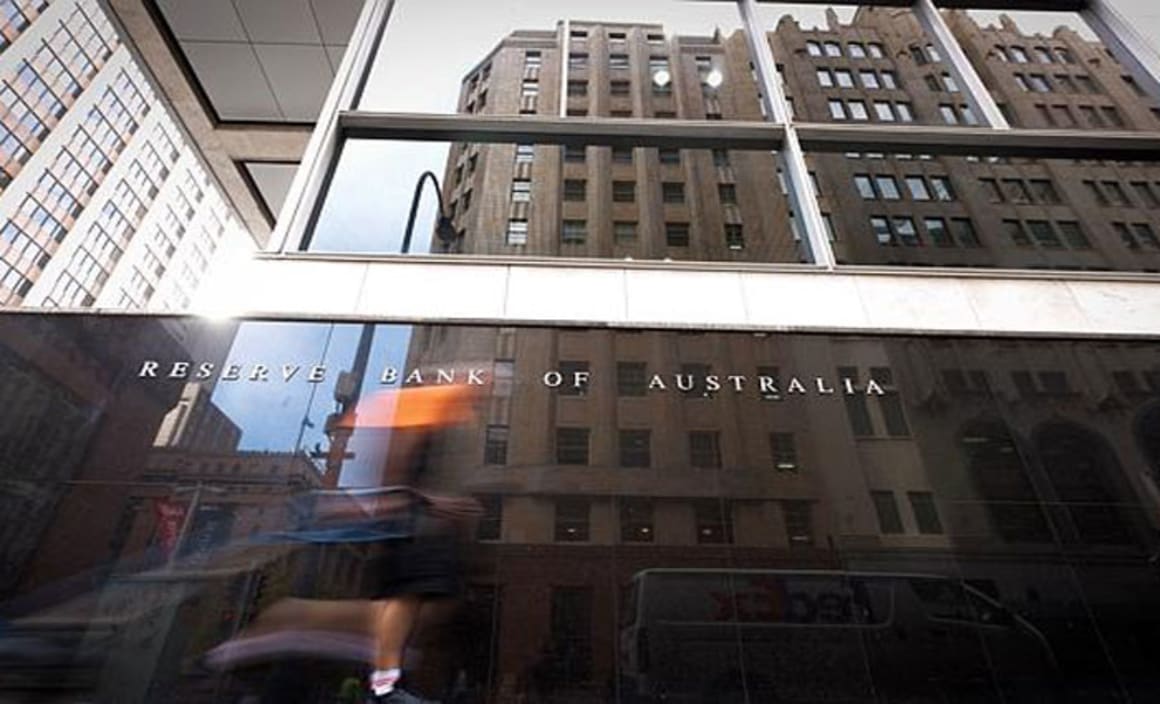Steady for 8th meeting, RBA holds at May 2017 meeting

At its meeting today, the Board decided to leave the cash rate unchanged at 1.5 percent.
Conditions in the housing market continue to vary considerably around the country, the board noted.
"Prices have been rising briskly in some markets and declining in others.
"In the eastern capital cities, a considerable additional supply of apartments is scheduled to come on stream over the next couple of years.
"Rent increases are the slowest for two decades.
"Growth in housing debt has outpaced the slow growth in household incomes.
"The recently announced supervisory measures should help address the risks associated with high and rising levels of indebtedness."
Taking account of the available information, the Board judged that holding the stance of monetary policy unchanged at this meeting would be consistent with sustainable growth in the economy and achieving the inflation target over time.
Tim Lawless, head of research, CoreLogic said the decision was widely expected.
"While a broad range of economic factors would have been discussed at the meeting, the housing market would have been front and centre in the conversation," he said.
"Capital city dwelling values have increased by almost 10 percent since the latest round of rate cuts in May and August last year, led by gains of around 13 percent in Sydney and Melbourne.
"Since the latest round of rate cuts, inflation has edged higher, with headline inflation moving back into the RBA’s target range of 2 percent to 3 percent for the first time since the September 2014 quarter.
"However inflation increases were driven largely by forces that are exogenous to domestic demand, including a 6 percent increase in the price of fuel, and a 2.5 percent administered increase in electricity prices.
"Coupled with continued low wage growth, this indicates that private and household demand may still be weak despite the higher inflation figures, warranting the maintenance of a low cash rate.
"Meanwhile, the surge in housing prices and rebound in investment related credit growth has caused some concern.
"Importantly, CoreLogic’s home value indices showed capital city dwelling values were virtually flat over the month of April; a stark change from the previously strong growth trend and perhaps hinting that the housing market could be moving through its peak rate of growth.
"The softer housing market result comes after mortgage rates have been rising since September last year, despite the stable cash rate setting.
"According to the latest RBA data, the average discounted variable mortgage rate for investor loans has shifted 25 basis points higher since August last year, which is equivalent to a typical RBA rate hike.
"The three year fixed rate for investor loans is 30 basis points higher and discounted variable rates for owner occupiers have also shifted 10 basis points higher since August.
"Further rises in mortgage rates are a potential outcome, considering the renewed focus from the Australian Prudential Regulation Authority (APRA) on curbing interest only lending, and maintaining their 10 percent speed limit on investment credit growth.
"With household debt levels at record highs, and the large majority of this debt related to housing, higher mortgage rates have the potential to take some heat out of the market, particularly from the investor segment.
"A housing market slowdown would relieve one of the key concerns the RBA has relating to financial stability, however the Reserve Bank would likely be seeking confirmation of a slowdown from a longer trend of slower capital gains and lower credit growth."